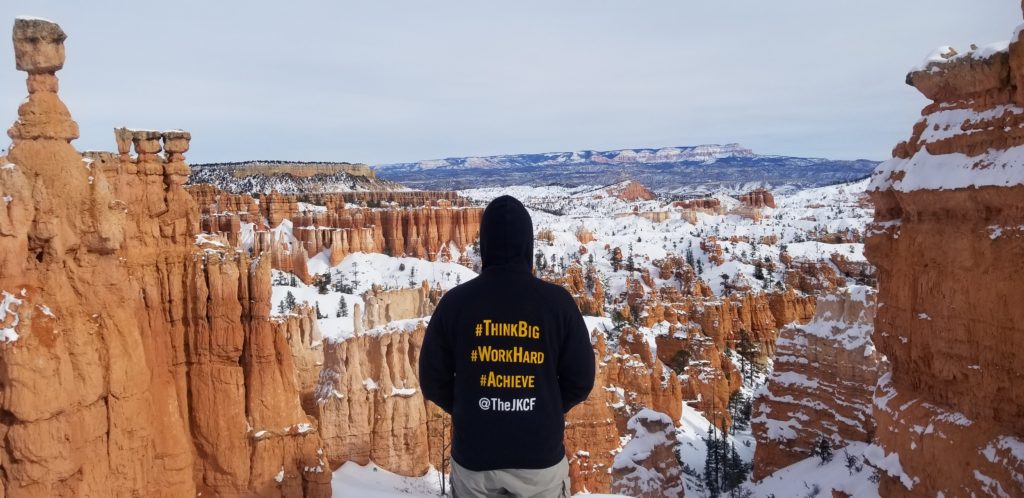Postsecondary Planning & Addressing Housing Insecurity

March 8, 2019 – Here’s our weekly roundup of education news you may have missed. Teens share their post-graduation plans and concerns about mental health. Researchers and advocates discuss housing insecurity among college students.
Our Cooke Young Scholars Program application deadline is just a few days away on Thursday, March 14, 2019. Do you know an academically talented 7th grader with financial need? Encourage them to apply for this selective pre-college scholarship that offers educational support to exceptionally promising students from across the nation. Cooke Young Scholars receive comprehensive advising and financial support from 8th grade through high school.
Receive the Cooke Chronicle each week in your inbox: Subscribe here.
Elementary & Secondary Education:
- “Among teens with at least one parent with a bachelor’s degree or higher, as well as those in households with annual incomes of $75,000 or more, about seven-in-ten say they plan to attend a four-year college after high school,” reports the Pew Research Center. “By comparison, about half of teens whose parents don’t have a bachelor’s degree or with household incomes below $75,000 say the same.”
- The same Pew Research Center survey also found that 70 percent of teens say that anxiety and depression are a major problem in their community. According to The Huffington Post, 31 percent of U.S. students attend schools that have “at least one police officer but don’t have a single psychologist, nurse, social worker or counselor.”
Higher Education:
- The Hope Center for College, Community, and Justice administered its #RealCollege survey to nearly 40,000 students at 57 California community colleges. 50 percent of students reported experiencing food insecurity within the past 30 days, and 60 percent of students experienced housing insecurity within the past year.
- The National College Access Network (NCAN) describes various campus programs to support college students experiencing homelessness. The article also outlines how advocates in Indiana, Maine, Tennessee, and Texas are working on legislation to address these needs.
- “Colleges and universities prefer to recruit at high schools in communities where the average family income is above $100,000, while forgoing visits to those where it’s $70,000 or lower,” states The Hechinger Report. “They also concentrate disproportionately on private schools. Rural areas usually have neither wealthy families nor private schools.”
- MarketWatch reports on new completion rate data from the National Student Clearinghouse, observing that “the American public college system may not be the engine of equality most people imagine.”
Cooke Foundation Highlights:
- Nasha Taylor’s interest in audio engineering led her to community college. Now this Cooke Scholar and Phi Theta Kappa alum tells SUNY Broome, “I’m where I want to be right now, exploring the intersections of creative consciousness and social justice.”
- The Southwester interviews Kitty Felde, host of the Book Club for Kids podcast, about how she researched her upcoming novel. Book Club for Kids received one of the Foundation’s Good Neighbor Grants last year.
- Findings from our recent “Persistence” report are cited in Education Dive‘s coverage of the benefits of earning an associate’s degree.
Social Media Spotlight: